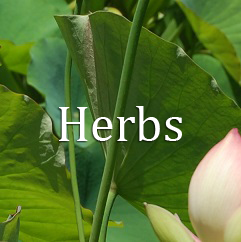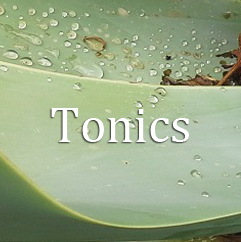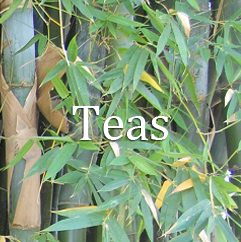
♦ Raw Foods ♦ Vegetarian ♦ Vegan
Eating plant foods or ingesting plant medicines are a powerful way to improve health.
This is the conviction, backed up by science, of nutritionists and herbalists I follow. I thought it would be useful on this blog to pair up book reviews on the two topics: herbs and plant foods. You’ll see posts on both food and medicine on this blog. For more on herbs for healing, please see Medicinal Plants.
Vegetarian in spirit, my concept for cookbook blog posts is to view the focus on plant foods. The blog Lotus, Lady and Verse is not restricted to vegan cookbooks or the vegan philosophy of eating (which does not include dairy milk and milk products, or eggs), but provides a broad view of eating plants for health and eating deliciously.
Choosing to eat a generous percentage of raw plant food is a way to take advantage of the most nutrition in many vegetables and fruits, as long as the cuisine suits the temperament and constitution of the person eating it. In fact nutritionists who know how people react to food recommend a smooth transition to plant foods and to raw diets. Cookbook authors provide a view into the nature of good taste, taste that guides our selective palate, or appetites.
Taste. The ultimate test of whether or not the food will be appreciated and then eaten, regardless of how good for you it supposedly is, is an individual choice. Taste is the accumulation of multiple factors, such as eye appeal, time of day, aroma, presentation… and more things like memory, expectation, texture, temperature.
It’s only natural that the trend in recipe books and cookbooks these days is to offer a kind of food consciousness through the personality of the writer/creator. We tend to identify with the writer and want to achieve the lifestyle we get a glimpse of in the pages of their books. No matter if that remains a dream in our own life, we still love to look at beautiful things to eat, imagining the mouthwatering taste they convey.



